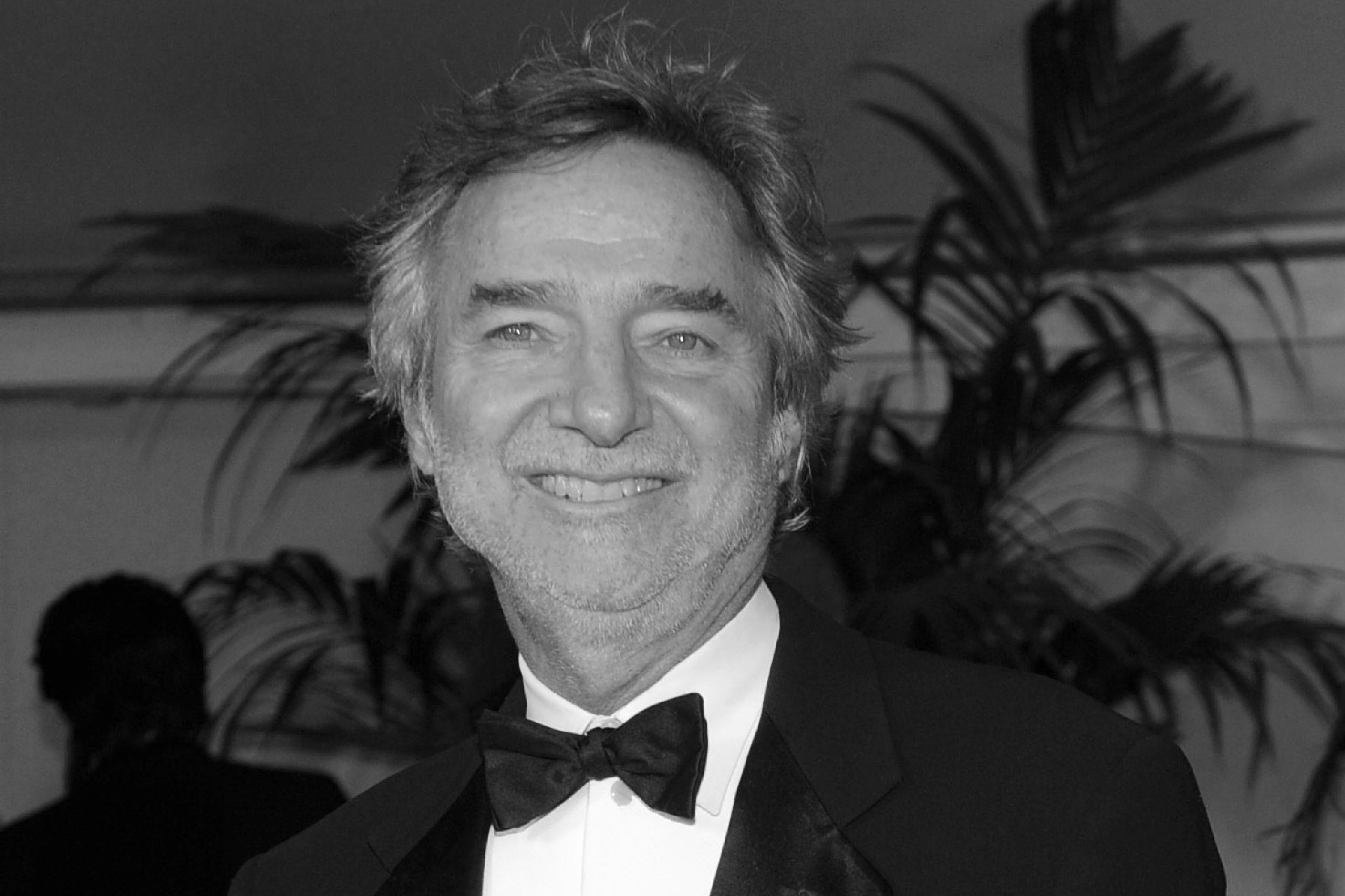One of the most dependable ironies of art is that, as both critics and consumers, we tend to be pretty OCD about it. We like to have our notions of artistic value tucked away neatly — fully compartmentalized, indexed and collated. And never is this compulsion more true than when it comes to the idea of major vs. minor. There are major artists; there are minor artists. There is major art; there is minor art. And I think we feel a strange sort of unease when major and minor commingle. Which is why it’s so tough to draw a bead on the career of director Curtis Hanson, who died Tuesday. He made a major masterpiece, the period noir L.A. Confidential, in 1997. But then he also made … a bunch of other stuff, diverse in both genre and quality: a mainstream rap coming-of-age story; a tear-jerking mothers-and-daughters drama; BAD INFLUENCE; something where Eric Bana walks into a casino in a leather jacket and Drew Barrymore says, “Vroom, vroom.” And more.
But even with a stone-cold masterpiece on his résumé, Hanson wasn’t generally discussed as a major auteur. Rather, he was perceived as a director on the other side of that coin: as a veteran craftsman … who had an outlying moment of perfection. I would argue that that’s a distinction without a difference — and is also pretty unfair. But with Hanson, it strangely made sense. And for me — in my formative years as a movie lover — Curtis Hanson came to exemplify this more practical side of the truth: that there are great artists. And there are artists. And both can make great art.
L.A. Confidential is great art. It’s one of the best movies of the ’90s, and it might be the most critically adored studio film of an entire generation. It is, in short, a major work. But that’s probably too “in-short.” Because L.A. Confidential is also a major work by a minor artist — and I have begun to think that this means even more. L.A. Confidential is Curtis Hanson, a steady and veteran filmmaker, 52 and never having been nominated for an Oscar … coming off of a (kind of insanely good, but never mind that) THRILLER ABOUT THE DARK SIDE OF WHITE-WATER RAFTING … and achieving, for one movie — one moment, one dash on an IMDb page — sheer perfection. Did it fit our preferred narrative about how great art gets made? Not exactly. But it fit the narrative that matters most: It got made.
Wonder Boys, the 2000 adaptation of Michael Chabon’s novel — and Hanson’s L.A. Confidential follow-up — centers on a protagonist in, coincidentally or not, just Hanson’s predicament. Michael Douglas plays Grady Tripp, an English professor at a liberal arts college in Pittsburgh. Tripp is struggling to follow up on his life’s signature accomplishment: Seven years before the events of the film, he published his novel Arsonist’s Daughter (hard pass), a PEN-award-winning, “hot people saying ‘you’re the reason I wanted to become a writer’ at cocktail parties”–inspiring breakout success that put him on the literary map. Arsonist’s Daughter, we’re led to believe, is a major, major work. Grady hasn’t published anything since.
Instead, he has an unfinished 2,600-page manuscript lying around his office. And while Wonder Boys doesn’t let this setup’s potential for metaphor go to waste (it’s 2000, there are laptop jokes), it’s a film that hits hardest when it’s being most literal. Yes, there are existential reasons — detailed in a tossed-off, third-act Katie Holmes monologue, holy shit, movies are so good — for Grady’s inability to build off of Arsonist’s Daughter’s success and will his next novel to greatness. But mostly? He can’t will his art to greatness because he’s simply … not a great artist. He did something great. He’s capable of genius. But he’s not himself one. Grady is a minor artist who produced major art. And now he’s trying to do it again — and it’s just not there.
Wonder Boys finds its resolution when Grady comes to understand this. He loses his manuscript, and, instead of wallowing, he takes it as a sign. He abandons the follow-up novel, and starts another. One flash-forward later, he’s finished: It’s Wonder Boys, the story of the movie we’ve just seen — and yeah, I know, awful cliché. But that’s really the point: We’re to presume — very purposefully, I think — that the book will “be” the movie (which itself was a book, head explodes, etc.). That it will be intimate, and low-stakes, and slyly personal, and sweet. That it will get pretty good reviews — nothing to bowl you over or win awards or inspire hot people at cocktail parties to become writers, but pretty good — and then he’ll move on to the next one. That he’ll make a nice career out of it: minor work, by an artist who’s done major work.
And that, at the risk of getting sentimental: maybe it’s better this way. That maybe not everything in art has to be the subject of a documentary, or a book on a syllabus, or the hammer to a montage. That, yeah, L.A. Confidential, what an accomplishment: It’s genius, and perfect, a major work. But mostly — Curtis Hanson died. He made a lot of movies I like. It’s really fucking sad.
